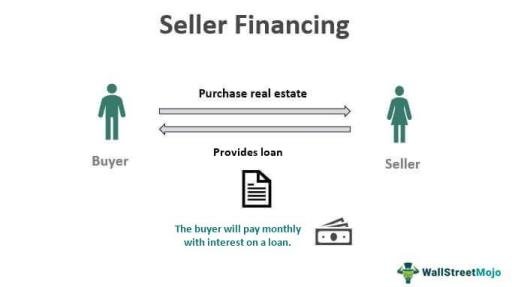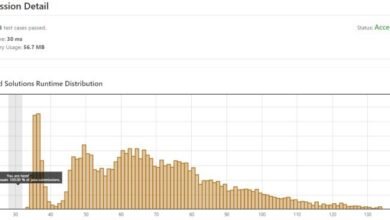seller financing available mean: An Alternative Path to Owning Your Dream Property

Traditionally, buying a property involves securing a mortgage from a bank or lending institution. However, there’s another option gaining traction: seller financing. This approach flips the script, with the seller acting as the lender for the buyer. seller financing available mean Let’s delve into what seller financing available means, exploring its pros and cons for both buyers and sellers.
Understanding seller financing
Seller finan cing, also known as owner finan cing or a purchase-money mortgage, is an agreement where the se ller of a property finances the purchase for the buyer. Instead of going through a bank, the buyer makes installment payments directly to the seller, effectively becoming their borrower. This arrangement bypasses the traditional mortgage application process with its credit score requirements and loan approvals.
Here’s a breakdown of how se ller fina ncing typically works:
- Negotiation: Buyer and seller agree on a sale price, down payment (if any), interest rate, and repayment schedule.
- Promissory Note: A legal document outlining the loan terms, including the total amount financed, interest rate, monthly payments, and duration of the loan, is signed by both parties.
- Security: The property itself often serves as collateral. If the buyer defaults on payments, the seller may have the right to foreclose and repossess the property.
Advantages of Seller Financing for Buyers
Se ller finan cing can be a viable option for buyers who might face challenges in securing a traditional mortgage. Here are some potential benefits:
- Qualifying with Lower Credit: For buyers with less-than-ideal credit scores or limited down payments, seller financing can offer an alternative route to homeownership. The seller may be more flexible with credit requirements than a bank.
- Faster Closing: Bypassing the bank’s approval process can lead to a quicker closing timeline, allowing buyers to move in sooner.
- Potentially Lower Interest Rates: In some cases, seller financing may offer a competitive interest rate compared to traditional mortgages. However, this depends on negotiation and the seller’s motivations.
- Building a Relationship with the Seller Direct communication with the seller fosters a more personal experience. Buyers can potentially address concerns or negotiate modifications directly.
Disadvantages of Seller Financing for Buyers
While seller financing offers advantages, there are also potential drawbacks for buyers to consider:
- Higher Interest Rates: Without the security and standardized rates of a bank, sellers may charge higher interest rates to compensate for the risk of default.
- Large Down Payment: To offset the risk, sellers may require a larger down payment upfront compared to traditional mortgages seller financing available mean.
- Limited Loan Options: The terms and conditions are set by the seller, leaving you with less flexibility in customizing loan terms like repayment periods.
- Potential for Complications: In cases of disputes, resolving issues may be more complex without the established processes of a bank involved.
Advantages of Seller Financing for Sellers
Sellers can leverage seller financing as a strategic tool to attract buyers and potentially expedite the sale.
- Sell to a Wider Pool: Opening up financing options can attract buyers struggling with traditional mortgage approvals, expanding the pool of potential buyers.
- Faster Sale: By offering financing, sellers can potentially attract buyers willing to move quickly without waiting on bank approvals.
- Steady Income Stream: Seller-held financing creates a stream of income from the interest payments on the loan.
- Maintain Control: Sellers have more control over the financing terms and who they choose as a buyer.
Disadvantages of Seller Financing for Sellers
While se ller finan cing offers benefits, sellers should also be aware of potential downsides:
- Risk of Default: If the buyer defaults on the loan, the seller faces the hassle and cost of foreclosing on the property.
- Illiquid Investment: The seller’s money becomes tied up in the loan until it’s fully repaid, limiting their access to that capital.
- Management Responsibilities: Sellers become responsible for collecting payments, tracking delinquencies, and potentially initiating foreclosure proceedings if necessary.
- Tax Implications: Consulting a tax professional is crucial, as seller financing can have tax implications for the income generated from the interest payments.
Considering seller financing? Here’s what to do.
If you’re considering se ller fina ncing, whether as a buyer or seller, it’s crucial to proceed with caution and thorough preparation.
- Seek Professional Guidance: Consult with an attorney and possibly a tax professional specializing in real estate transactions to ensure a legally sound agreement and understand the financial implications.
- Clearly Defined Terms: Clearly outline all terms of the agreement in a formal promissory note. This includes the loan amount, interest rate, repayment schedule, late fees, default procedures, and any prepayment penalties.
Title Insurance: Both buyers and sellers should consider title insurance to protect themselves from any unforeseen issues seller financing available mean.



